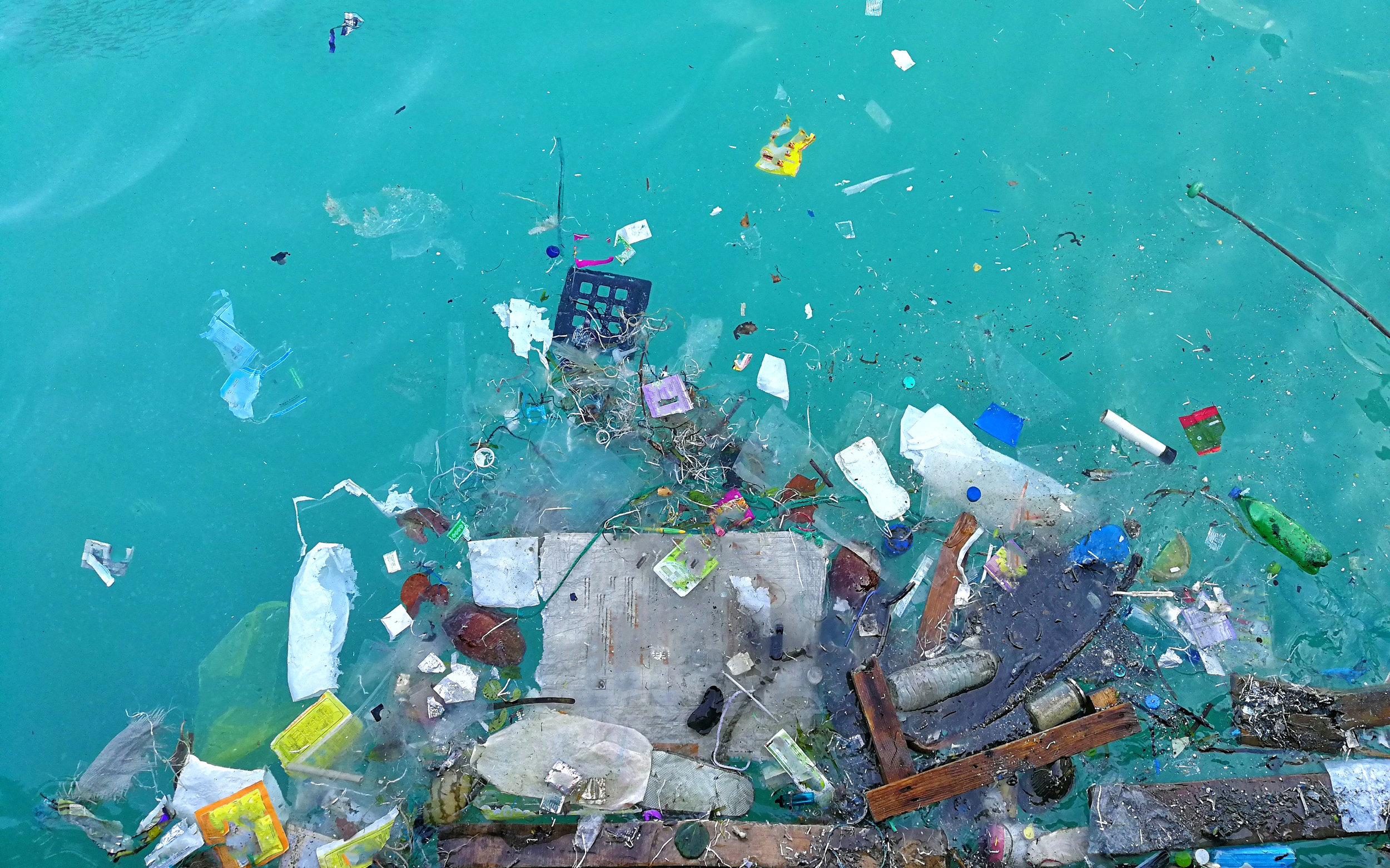The presence of litter in our ocean has been a hot topic for years. While there are many organizations and people who are doing their part to educate and counteract pollution around the globe, many do not understand the impact of ocean litter and how it affects the environment, ocean, wildlife, and even us.
How Plastic Affects Our Ocean
Did you know, the most prominent piece of litter in our seas is plastic? Plastic has a significantly negative impact on our sea life, which affects the health of our coral reefs, and the aquatic creatures that interact with them. You may not understand how important coral reefs are to the ecosystem, so let us explain. Coral reefs are crucial to the environment because they act as a natural water filtration system, limiting the amount of carbon dioxide and dirty bacteria in the water. Plus, they are a significant food source for marine animals. A study done by the Science Journal found that when corals encounter plastic, the likelihood of disease increases from 4 percent to 89 percent (Joyce, 2018). Essentially, plastics abrade corals and make them susceptible to infection. If the disease and death of coral continue, we are likely to see a decrease in water quality, clarity, and overall health.
As plastic pollution continues to deteriorate coral, sea creatures are losing their homes as well as their food source. In a desperate attempt to find sustenance, aquatic life has begun to mistake plastic debris as food, thereby causing harm to their digestive systems. Furthermore, plastics take 500 – 1000 years to entirely deteriorate, but within this process UV rays and the ocean environment break down plastics into smaller and smaller fragments, known as “microplastics,” (GESAMP, 2016). These microplastics can go unnoticed to the naked eye, and become extremely easy for marine animals to ingest, which is essentially poisoning them.
How Ocean Litter Affects Us
This is great to know, but the question you’re probably wondering is, “how am I affected by marine animals ingesting plastic?” The answer is simple; if you consume fish or other species from the marine ecosystem, there is a chance you are consuming microplastics as well. Scientists have found that approximately 114 aquatic species have ingested microplastics, and more than half of those species end up on your dinner plate (GESAMP, 2016). The plastic debris that we leave behind is finding a way into our lives, causing harm to our bodies and the environment in which we live.
Microplastics both absorb and give off harmful pollutants, which may build up over time; however, dioxins the well-known group of highly toxic chemicals, have the most significant impact on our health. Dioxins can be ingested or inhaled, and can cause skin disease and liver damage. Long-term side-effects are not scientifically proven, but there has been a correlation to infertility problems, developmental issues, and damaged immune systems (National Library of Medicine).
What Can You Do to Help?
Yes, this may be overwhelming and devastating to hear, but significant change comes with time. You can take steps to counteract your plastic consumption habits. The three most manageable steps to start helping are: use a reusable water bottle or coffee mug, say no to plastic straws, and “Take 3 for the Sea.”
Using a reusable water bottle or coffee mug is one of the simplest ways to cut down on your plastic consumption. We are lucky enough to live in an area where clean water is readily available, so why waste money and risk hurting the environment by purchasing a plastic water bottle?
Saying no to the straw is as simple as saying three words, “no straw please.” Straws create unnecessary waste and are not needed on the many occasions that they are given to us. With that said, if you are a straw lover, why not invest in a reusable option? For as little as five dollars you can find a reusable silicone, glass, or metal straw online.
The final step stems from an organization called “Take 3 for the Sea.” This non-profit encourages everyone to grab three pieces of trash (or more) every time you leave the beach, a waterway, or anywhere really. This idea is simple, yet powerful because overtime the litter you collect adds up and makes a positive impact on the environment.
Your Business Can Help Too
At Adopt A Beach, we provide a safe and effective way to toss your trash while enjoying the Southern California coastline. We serve the most crowded beaches in the greater Los Angeles area and provide trash bins with branded advertisements. Our Adopt A Beach Program allows businesses to do their part in keeping our beaches clean while increasing their brand awareness. It’s a win-win! For more information about the Adopt A Beach program contact (800) 200-0003 today.
References
About. (n.d.). Retrieved from https://www.take3.org/about/
Dioxins: Your Environment, Your Health | National Library of Medicine. (n.d.). Retrieved from https://toxtown.nlm.nih.gov/chemicals-and-contaminants/dioxins
Joyce, C. (2018, January 25). Plastic Pollution Is Killing Coral Reefs, 4-Year Study Finds. Retrieved from https://www.npr.org/sections/thetwo-way/2018/01/25/580227045/plastic-pollution-is-killing-coral-reefs-4-year-study-finds
Sources, Fate and Effects of Microplastics in the Marine Environment (Part 2). (n.d.). Retrieved from http://www.gesamp.org/publications/microplastics-in-the-marine-environment-part-2

